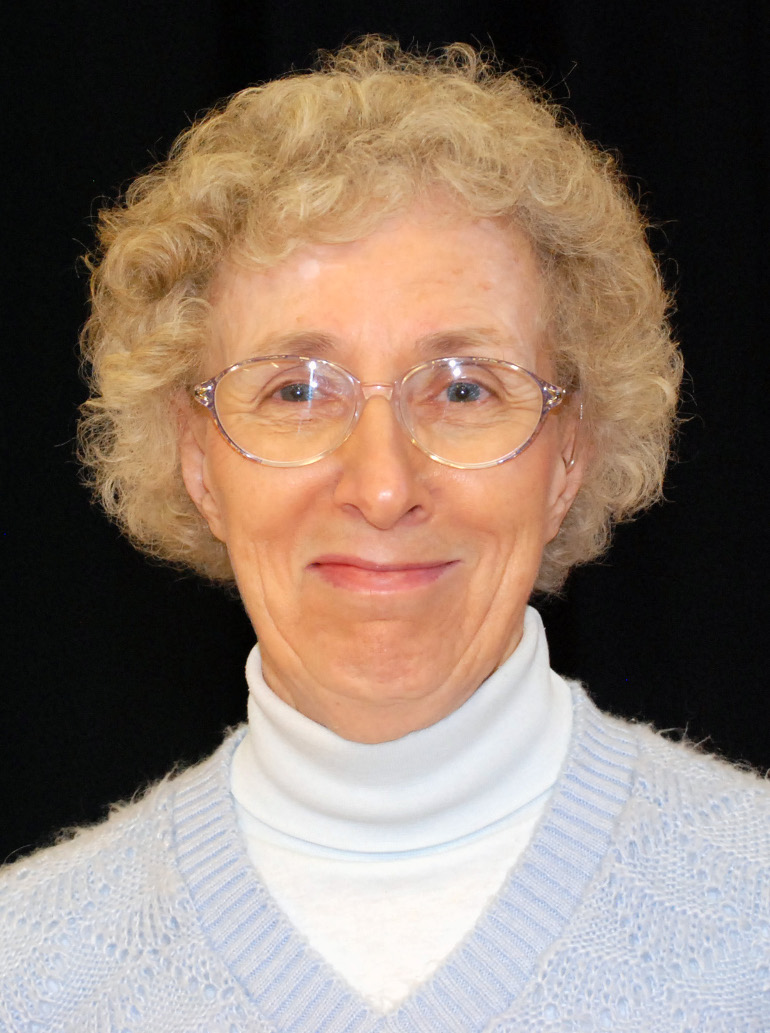
Eighty-one-year-old Loretto Sr. Patricia McCormick likes to call herself a "farm kid from Illinois," but she's spent the last half-century preaching peace in Central America and, now, Denver. McCormick spoke with Global Sisters Report about nuclear disarmament, being pen pals with Jesuit Fr. Dan Berrigan, and the young activists of Black Lives Matter.
GSR: How did you get started in peace work?
McCormick: The Sisters of Loretto had three missions in Latin America in the mid-'60s. I volunteered and was chosen to go to Bolivia in 1965, where we had a school and were doing teacher education.
Before I ever got to Bolivia, I was sent to Cuernavaca, Mexico, to study language and the Latin American culture. While there, I met Dan Berrigan, who was exiled for his protesting against the Vietnam War. I met him and eventually began a correspondence with him while I was in Bolivia. That awakened me to what the United States government and most especially the Pentagon were doing militarily in Bolivia and other countries.
I was also influenced by the changes of Vatican II because our community was making a lot of changes. All of the re-education I went through helped me understand how the United States, and even the church, are not in other countries because of justice. So those are the main reasons why I got into peace work.
In 1983, you were arrested for an act of civil disobedience at the Rocky Flats nuclear plant in Denver. How did you get from Bolivia to the nuclear disarmament movement in Colorado?
I was really very angry when I returned in 1971 to learn all that our government was doing and immediately became involved with the United Farm Workers in Denver. The first time I was arrested was for a grape boycott in Denver. Then, gradually, I became more interested in the production of triggers for nuclear weapons at Rocky Flats.
In 1979, I went to the Ground Zero Center for Nonviolent Action in Poulsbo, Washington. I was in training there for a few months, and then I returned to Denver, and we formed an interfaith group that went out to Rocky Flats to vigil at the west gate. We did that for 12 years. We also did some nonviolent action inside the base at different times.
In April of 1983, a Mennonite friend and I decided to do a witness inside the plant. We prayed with the community at a Mennonite church and then drove to the east side of the plant, where the employees entered. We were just waved through as if we were at a Broncos game. We parked close to the building where the plutonium was being used and knelt there and waited and waited until, finally, some employees let security know that we were there.
Later, security lied and said that we broke through the gates, but we know now that they always lie to cover their own lack of ability to secure nuclear weapons — because we always say that it's impossible. The only answer is to abolish them. So we spent two months in jail, charged with a misdemeanor.
We continued doing vigils at Rocky Flats until 1992, when the plant closed. It was what they called the "end of the Cold War," but that was basically because the Soviet Union decided they would no longer deprive their people of what was necessary in order to pay for nuclear weapons. People always say, "Thank you for helping close Rocky Flats," and I say, "No, it was really the Soviet Union."




